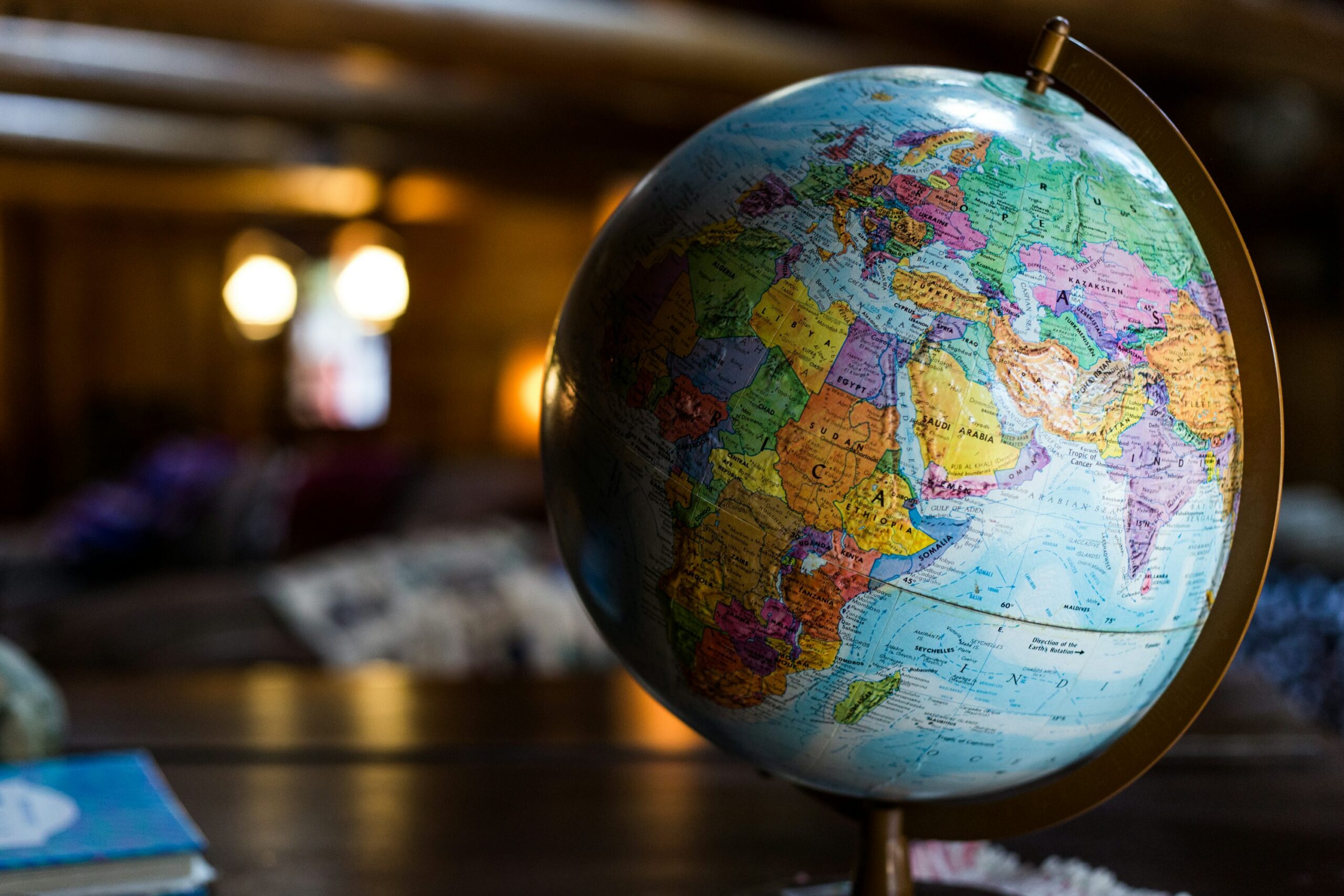In today’s interconnected world, the term “global” has become more than just a geographical reference—it defines a complex web of economic, political, cultural, and technological relationships that transcend national borders. This phenomenon, known as globalization, has transformed how people live, work, communicate, and interact with one another. From international trade and global media to climate change and pandemics, global issues increasingly require collective understanding and cooperation.
What Is Globalization?
Globalization refers to the process of increased interconnectedness and interdependence among countries, driven by advancements in transportation, communication, and economic integration. It enables the flow of goods, services, information, people, and ideas across continents more rapidly than ever before. Businesses operate on a global scale, cultures influence each other, and events in one part of the world can have a ripple effect across the globe.
Although globalization has existed in various forms for centuries, modern globalization began accelerating in the late 20th century with the rise of the internet, trade liberalization, and the fall of political barriers such as the Iron Curtain. Today, globalization touches nearly every aspect of daily life.
Economic Impact
One of the most visible aspects of globalization is economic integration. International trade agreements and global supply chains allow businesses to source materials and labor from different countries, reducing production costs and increasing efficiency. This has resulted in more affordable products for consumers and access to new markets for businesses.
Multinational corporations like Apple, Amazon, and Toyota operate in dozens of countries, employing workers and serving customers around the world. Additionally, foreign direct investment (FDI) enables capital to flow across borders, fueling economic development, especially in emerging markets.
However, globalization also brings economic challenges. While it creates opportunities, it can lead to job displacement in certain industries, especially in manufacturing sectors of developed countries. Outsourcing and automation have contributed to job losses and income inequality, sparking debates over trade policies and economic fairness.
Cultural Exchange
Globalization fosters cultural exchange on an unprecedented scale. People across the globe now have access to diverse cuisines, music, films, fashion, and traditions. Popular culture icons, such as Hollywood movies, K-pop, and international sports events like the Olympics, connect global audiences and influence lifestyles worldwide.
This cultural blending promotes understanding and tolerance among different communities, but it also raises concerns about cultural homogenization. Critics argue that globalization can lead to the erosion of local cultures, languages, and identities as dominant cultures spread more widely.
Technology and Communication
Technology is the backbone of modern globalization. The internet, smartphones, and social media have revolutionized how people communicate and access information. A news story can go viral in seconds, and virtual meetings allow teams from different time zones to collaborate seamlessly.
Technological globalization also empowers individuals. Remote work, e-learning, and e-commerce have created new opportunities and industries. Entrepreneurs can launch startups from anywhere, and students can attend online classes from top universities around the world.
Yet, this digital transformation also exposes global inequalities. The digital divide—where some regions have limited or no access to technology—creates barriers to full participation in the global economy.
Global Challenges
Globalization has highlighted shared challenges that no nation can solve alone. Issues such as climate change, pandemics, terrorism, and cybercrime demand international cooperation and coordination. For instance, the COVID-19 pandemic demonstrated how interconnected the world is, with the virus spreading rapidly across continents and disrupting economies, healthcare systems, and societies.
Similarly, climate change is a global crisis requiring joint action. Emissions from one country affect the entire planet, making agreements like the Paris Accord essential to achieving sustainability goals. In this sense, globalization emphasizes the need for collective responsibility.
Political and Social Effects
Globalization influences political relations and governance. International organizations such as the United Nations, World Trade Organization, and International Monetary Fund play crucial roles in maintaining peace, regulating trade, and supporting economic development.
At the same time, globalization can trigger social and political backlash. Populist movements and nationalist ideologies have gained traction in some countries, fueled by concerns over immigration, cultural change, and economic competition. These movements often call for protectionist policies and reduced international involvement.
The Future of Globalization
The future of globalization is likely to be shaped by innovation, shifting political landscapes, and evolving public sentiment. While globalization may face challenges and changes—especially in the wake of geopolitical tensions and global crises—it is unlikely to disappear. Instead, it will adapt, becoming more inclusive, sustainable, and digitally driven.
Globalization, when managed equitably, can drive growth, promote peace, and improve lives worldwide. However, it requires thoughtful policies, ethical business practices, and a commitment to addressing inequality and preserving cultural diversity.
Conclusion
Globalization is an unstoppable force that continues to redefine the world. It connects people, markets, and ideas, enabling progress and innovation on a scale never seen before. While it presents challenges, the benefits of a globalized world—when guided by cooperation, fairness, and mutual respect—are immense. In a world where borders are becoming less of a barrier, our collective future depends on how we navigate this global journey together.


